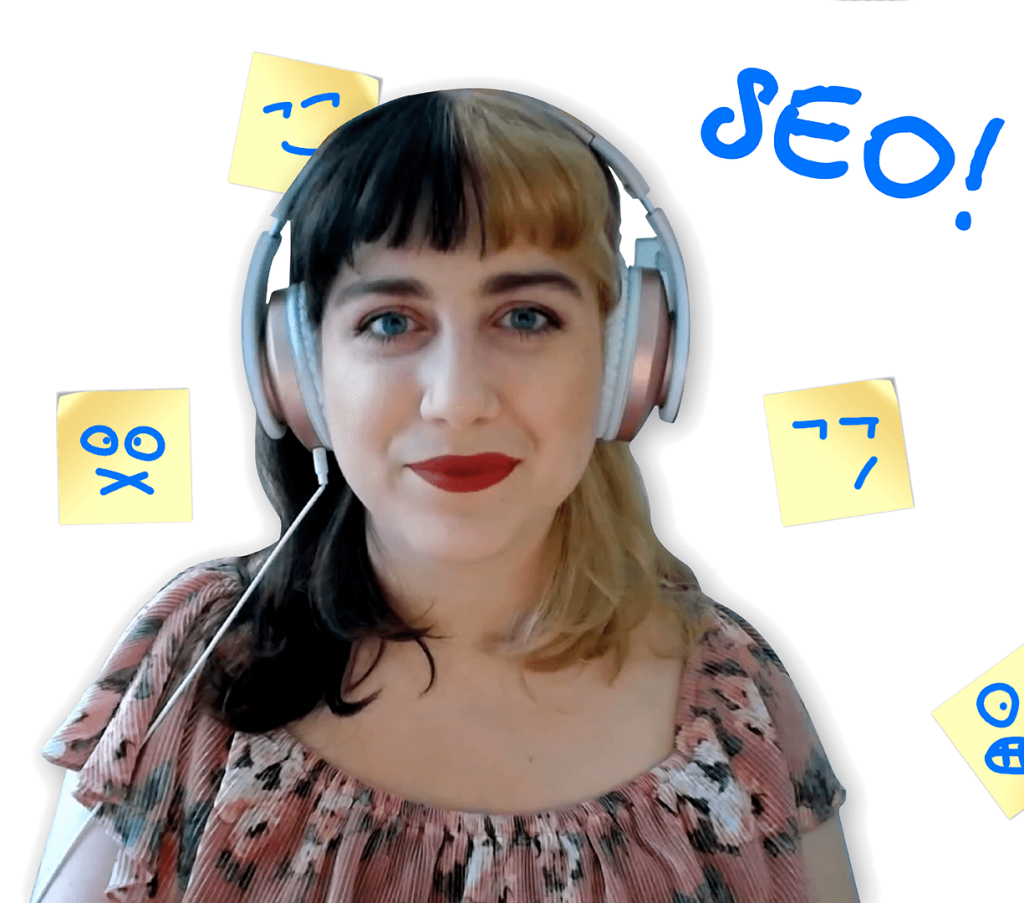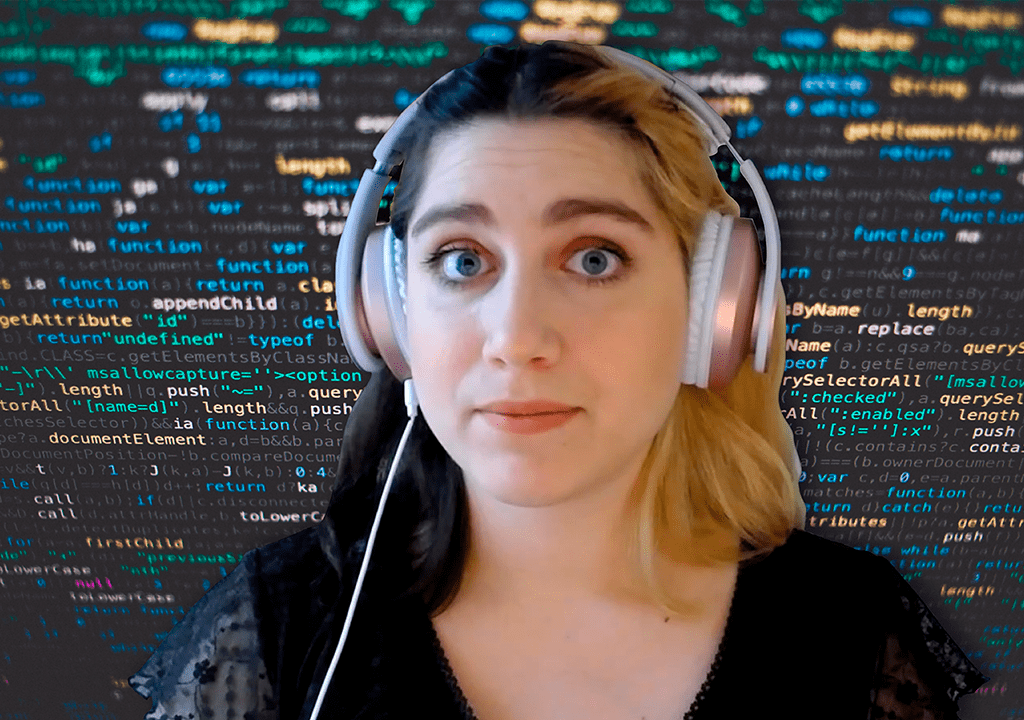As the gaming industry continues to grow and expand into new markets, the need for quality game localization services has never been greater. However, despite the obvious importance of localization, in recent years, there have been quite a number of high-profile flops.
Localization failures occur due to a plethora of reasons. In some cases, they happen as a result of simple mistakes, miscalculations, or oversights. Other times, they are a consequence of rushed or inadequate localization efforts.
In today’s article, we are going to explore the most egregious localization mistakes in video game history and talk a bit about censorship issues that cost the games’ marketers dearly.
Table of Contents
Candy Crush Saga

Mobile games are an area where localization mistakes can have a significant impact. In many cases, mobile games are released in multiple languages simultaneously, which can lead to errors and mistranslations. One high-profile example of this was the game “Candy Crush Saga,” which was released in 2012.
The game contained numerous errors in its French localization, including incorrect grammar and misspellings. These errors led to a great deal of negative feedback from French players, and the game’s developers eventually had to release an updated version with corrected text.
Resident Evil 4

Another well-known example of game localization gone wrong was the 2005 release of Resident Evil 4. The game, originally released in Japan, had to be heavily rewritten for its Western release.
Many of the changes made to the script were criticized for being inaccurate or unnecessarily violent. Furthermore, the game’s voice acting was widely panned, with many critics noting that the English voice actors sounded nothing like their Japanese counterparts. As a result of these issues, Resident Evil 4 is often considered to be one of the worst localization efforts in video game history.
The localized version of the game was rife with typos and mistranslations, which led to confusion and frustration among players.
Outlast 2

The 2017 release of Outlast 2 also received significant criticism for its localization errors. The game’s text was plagued with typos and grammatical errors, making it difficult to understand for many players. Furthermore, the game’s audio was often out of sync with the text, making it difficult to follow the story.
The problem was compounded by a slew of grammatical and audio mistakes that resulted in a large number of negative comments from customers.
Max Payne 3

What are they saying in Max Payne 3? Part 1 – DuelScreens
The 2012 release of Max Payne 3 was another poor localization casualty. The game’s text was full of typos and grammatical errors, making it difficult to understand. In addition, the game’s audio was often out of sync with the text, making it difficult to follow the story.
These errors led to a significant amount of negative feedback from players, and the game’s developers eventually had to release an updated version with corrected text and audio.
Censorship Issues in the Video Game Industry
Along with localization, game censorship is a hot-button issue that has often led to controversy. The main goal of censorship is to protect minors from content that is deemed inappropriate or harmful, but the lines between what is and isn’t appropriate can often be quite blurry. In some cases, different countries have different views on what should and shouldn’t be censored.
For example, while many European countries are more relaxed about nudity and sexual content in video games, countries like Saudi Arabia and China often have much stricter censorship laws.
This can lead to conflicts between developers and publishers who may want to release a game with its original content intact, and local governments who may want to censor or change certain aspects of the game.
The Differences between Western-centric and Eastern-centric Design in Games
Apart from the localization and censorship aspects, there are a few key differences between Western-centric and Eastern-centric design in video games. One of the most notable differences is the focus on individualism in Western design versus the focus on community and cooperation in Eastern design. This In video games often manifests itself as a change in player interaction.
Western games often emphasize competition and individual achievement while Eastern games often emphasize teamwork and cooperation. Western games often have more detailed stories and well-developed characters, while Eastern games often have less of a story and focus more on gameplay.
How to Achieve Success in International Game Localization
If you’re a game developer or publisher planning to release a game on the international market, there are a few things you can do to increase your chances of success.
First, make sure your game is properly localized for each region you plan to release it in. This includes not only translating the text and audio into the local language but also making sure the game is appropriate for the local culture.
Second, be aware of the different censorship laws in each country and make sure your game is in compliance with them.
Third, research the different gaming markets and try to tailor your game to appeal to each one.
And fourth, always be prepared to update your game based on the feedback you get from players.
By following these tips, you can increase your chances of releasing a successful game on the international market.
Delegate Your Game Localization to Contenteam Native-Speaking Translators and Editors!

Localizing a game is a complex process that requires attention to detail and a deep understanding of the target market. It’s important to work with a localization partner who has experience in the gaming industry and can help you both: navigate the challenges of game localization and avoid any cultural pitfalls that cannot be grasped by the foreigner.
At Contenteam, we have a team of experienced native-speaking gaming localization experts who can help you launch your game in the US, UK, Spanish, Mexican, Portuguese, Italian, Brazilian, French, and Russian markets. Contact us today to learn more about our services or request a free quote!












